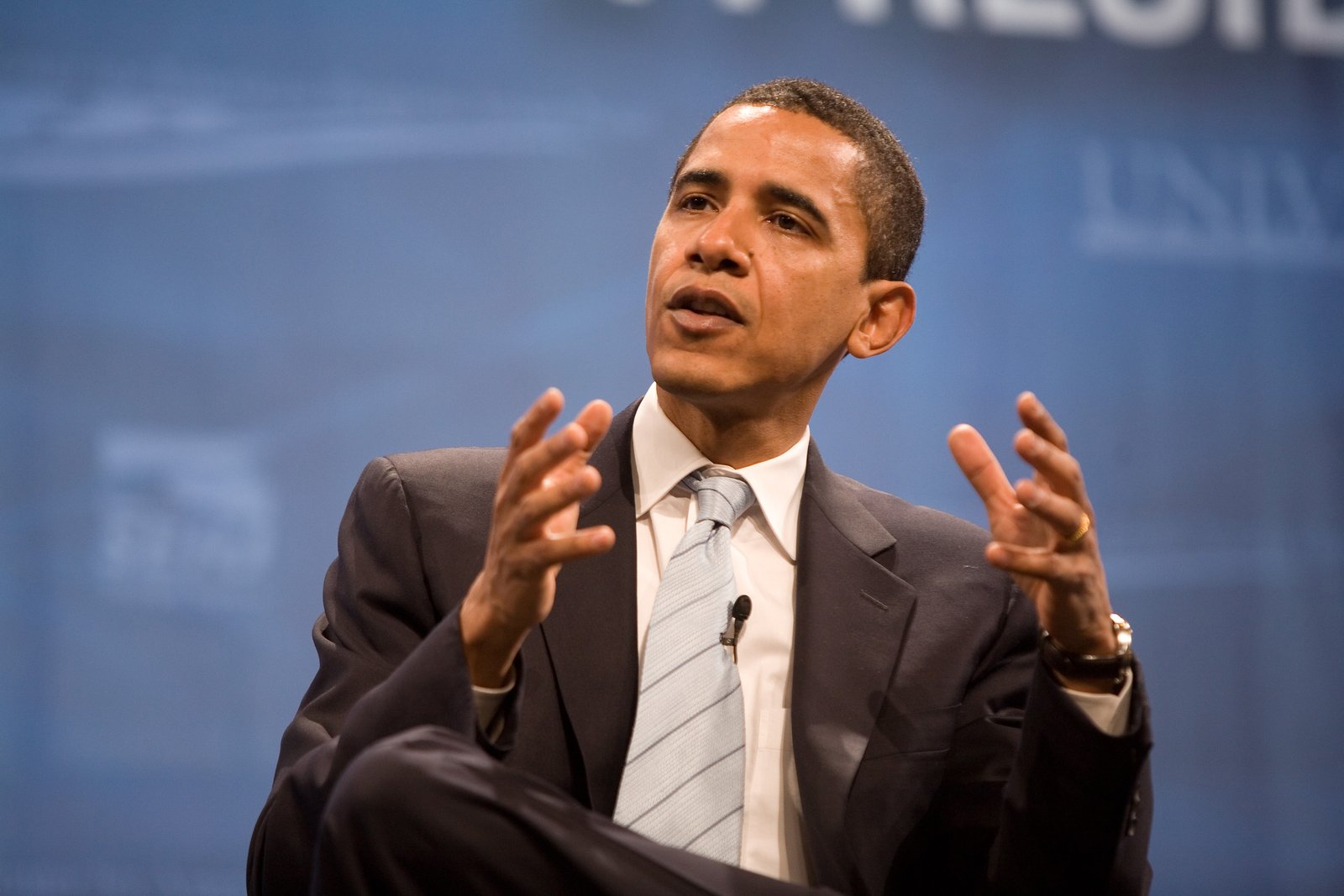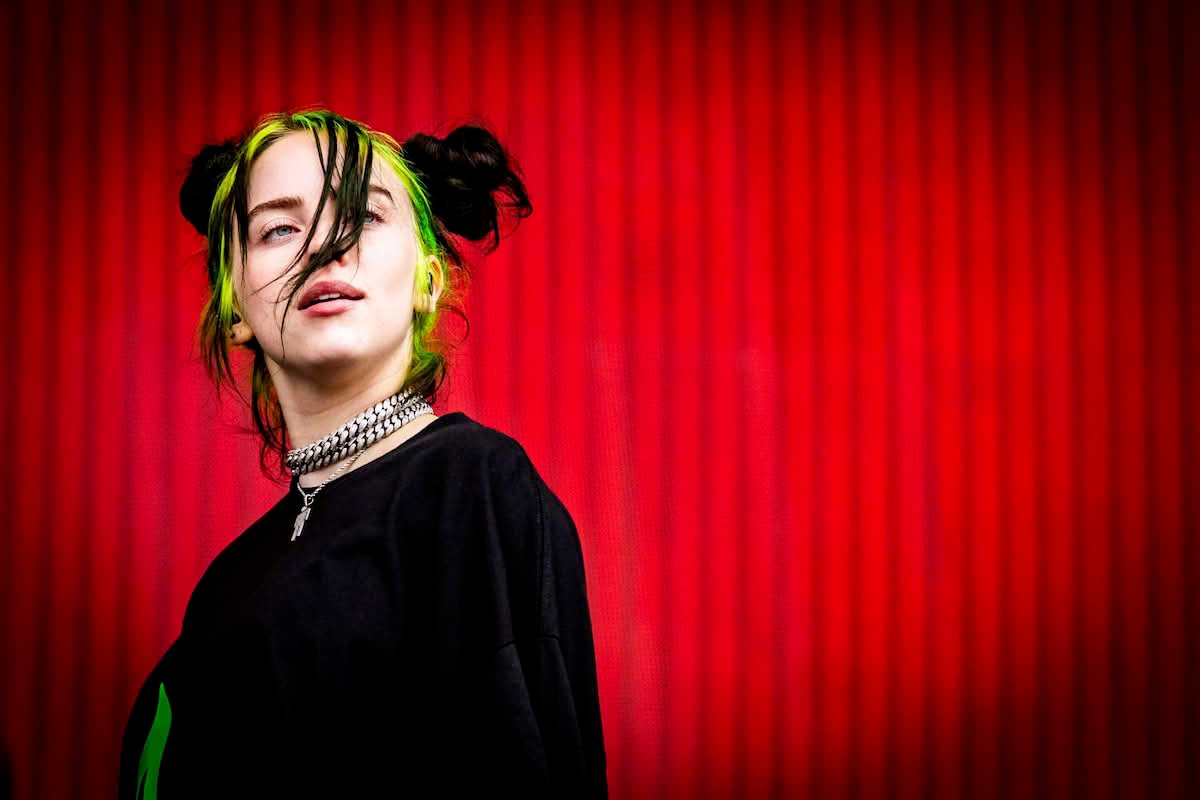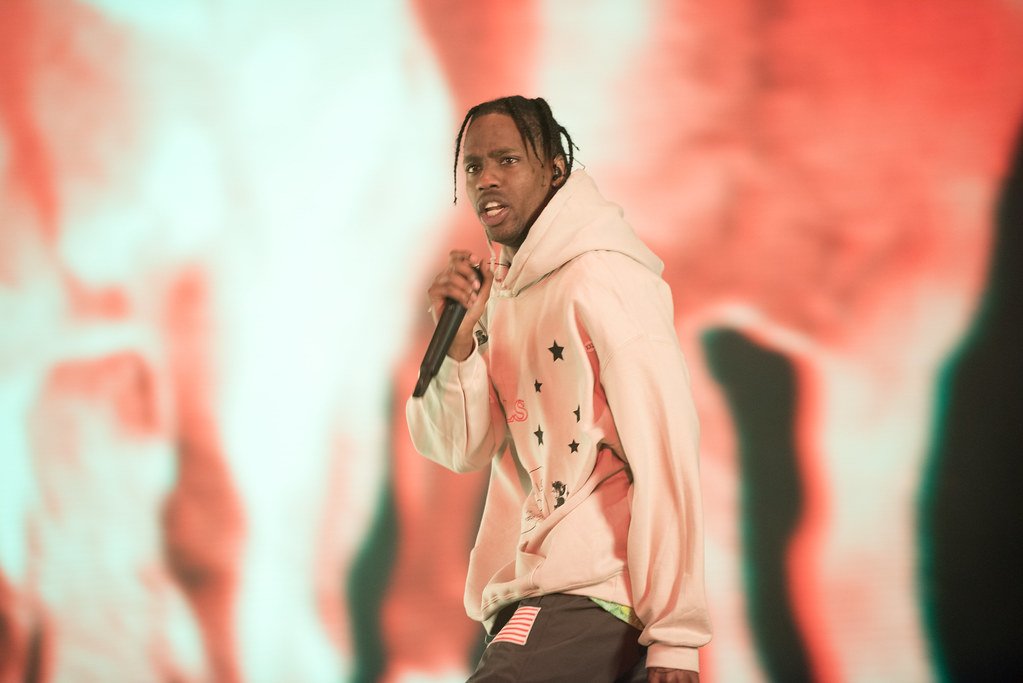Dating Apps Were Designed for Men—Until Whitney Wolfe Herd Broke the Rules
Entertainment / Date: 06-27-2025

For years, dating apps followed one silent rule: let the men make the first move. Swipe, match, message—it was always the same formula, just in a different shade of blue. And no one questioned it. That’s just “how it worked,” right?
Wrong.
Because in walked Whitney Wolfe Herd—a young entrepreneur with zero patience for toxic norms and way too much fire to settle for them. She didn’t just redesign an app. She flipped the entire power dynamic of online dating.
In this article, you’ll meet the woman who took on the tech bros, changed the rules of digital romance, and built a billion-dollar empire doing it. Get ready to learn how Bumble wasn't born out of luck—it was built out of backlash.
The Tinder Fallout That Sparked a Revolution
Let’s rewind for a sec. Before Bumble, Whitney Wolfe Herd helped co-found Tinder. Yep, the OG swipe-right app.
But things turned ugly fast. She filed a lawsuit in 2014, accusing Tinder executives of sexual harassment and toxic workplace behavior. The backlash was fierce—she was ridiculed, doubted, and called everything but visionary.
Most people would’ve backed off.
She didn’t.
Instead, she turned the whole mess into fuel and did something wild: launched her own dating app where women—not men—had the power.
Let's Talk About the Elephant in the Room: The Bumble Effect
Here’s the uncomfortable truth nobody in tech wanted to admit at the time: most dating apps were built by men, for men. Women were an afterthought—or worse, bait.
Whitney's vision was painfully obvious but revolutionary: what if women took the initiative? That one change transformed everything.
With Bumble, men could not message first. That one small rule upended decades of social conditioning. Suddenly, women controlled who got to talk—and when. No more creepy openers. No more "heyyyy" at 3 a.m.
And of course, there were haters. "Won't that kill the vibe?" "That's not how dating works." Spoiler: those critics? They were dead wrong.
Bumble Didn’t Just Compete. It Crushed Expectations.
Most startups pray to just survive the first year. Bumble didn’t just survive—it exploded.
By 2021, the app had more than 100 million users. Whitney was the youngest female to ever go public with a company. And she wasn't surfing someone else's wave—she constructed the damn board.
Even better? Bumble became more than just a hookup app. It added Bumble BFF for friendships, Bumble Bizz for networking. It started to look less like a dating app and more like a digital ecosystem for human connection.
Think about that. A woman used her worst professional moment to build one of the most inclusive tech brands of the decade.
Wait, Was This Just a “Feminist App”?
Let’s clear something up.
Bumble was never about hating men. It was about giving women equal footing. Whitney herself has said this again and again: the goal wasn't to flip power entirely—it was to balance it.
And funny thing? A lot of men actually liked the change. It took the pressure off. No more “you up?” cold opens. No more guessing games. When women reached out first, the convo started on a more equal, thoughtful note.
Let’s be real—respect feels better than rejection. And Bumble built that into its code.
Whitney's Journey Beyond Technology: From CEO to Role Model
Whitney Wolfe Herd didn’t stop with Bumble. She’s now seen as one of the boldest female voices in tech and entrepreneurship. She's also poured time and money into helping young girls learn to code, speak up, and build their own empires.
What’s wild is—she never really asked to be a “feminist icon.” She just wanted people to stop building crappy products that ignored half the population. But her actions, time and time again, made her one anyway.
She Took a Maternity Leave—While Running a Billion-Dollar Company
Yep, this happened.
In 2021, Whitney had her first child and made headlines for taking a proper maternity leave—while still guiding her newly public company. For many in the old boys’ club of Silicon Valley, this move seemed “risky.”
But here’s the twist: it wasn’t. The company kept growing. Her leadership stayed rock-solid. And she sent a loud, clear message to women everywhere: You don’t have to choose between being a boss and being a mom. That’s rare. And powerful. And way overdue.
Why Bumble’s Success Isn’t Just About Dating
Here’s where most people miss the point. Bumble’s true innovation wasn’t in its tech—it was in its values.
Whitney built safety features before they were cool. Photo verification. Anti-ghosting reminders. A ban on unsolicited nudes (yes, that’s a thing).
She knew what women wanted because she listened. She built trust into the product. And in a world full of apps that treat people like data points, that kind of care stands out like neon in a dark alley. Bumble worked because it wasn’t just an app—it was a stance.
What’s Next for Whitney Wolfe Herd?
As of 2025, Whitney’s no longer Bumble’s CEO—but don’t mistake that as her exit.
She’s now focused on broader tech ventures, angel investing in female founders, and building platforms that prioritize empathy over ego. Think mental health tech. Women’s wellness. AI safety with a human lens.
She’s also been dropping hints about working on a book. And if that happens? Expect it to be more than a memoir—it’s likely to become a blueprint for the next wave of disruptors.
Here’s the Kicker…
She was just tired of systems built without women in mind—and bold enough to fix them.
Now, millions of people swipe, match, meet, and fall in love because she chose to fight back, build differently, and lead loudly.
So here’s the real question. Will the next generation of tech be built for everyone—or will we still leave half the table empty?
Follow Us
Newsletter
Subscribe to our newsletter to stay updated with our latest news and offers.
We respect your privacy.Trending










